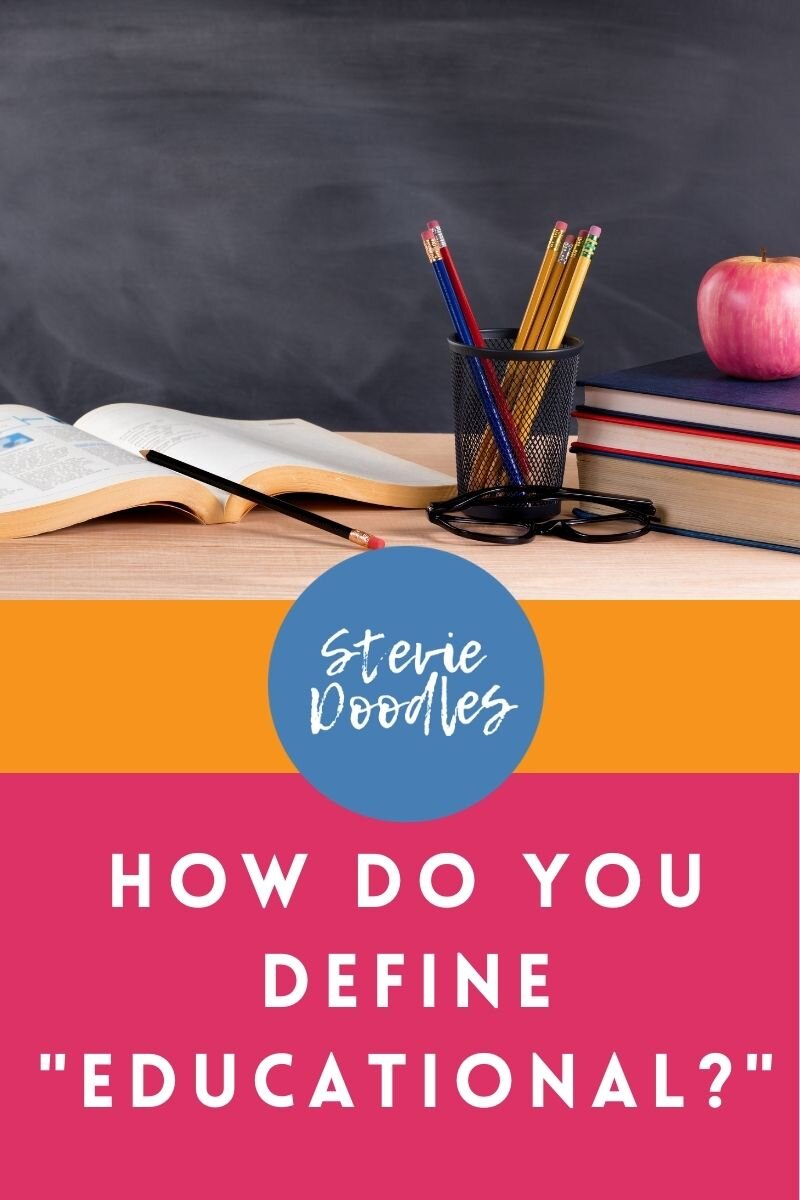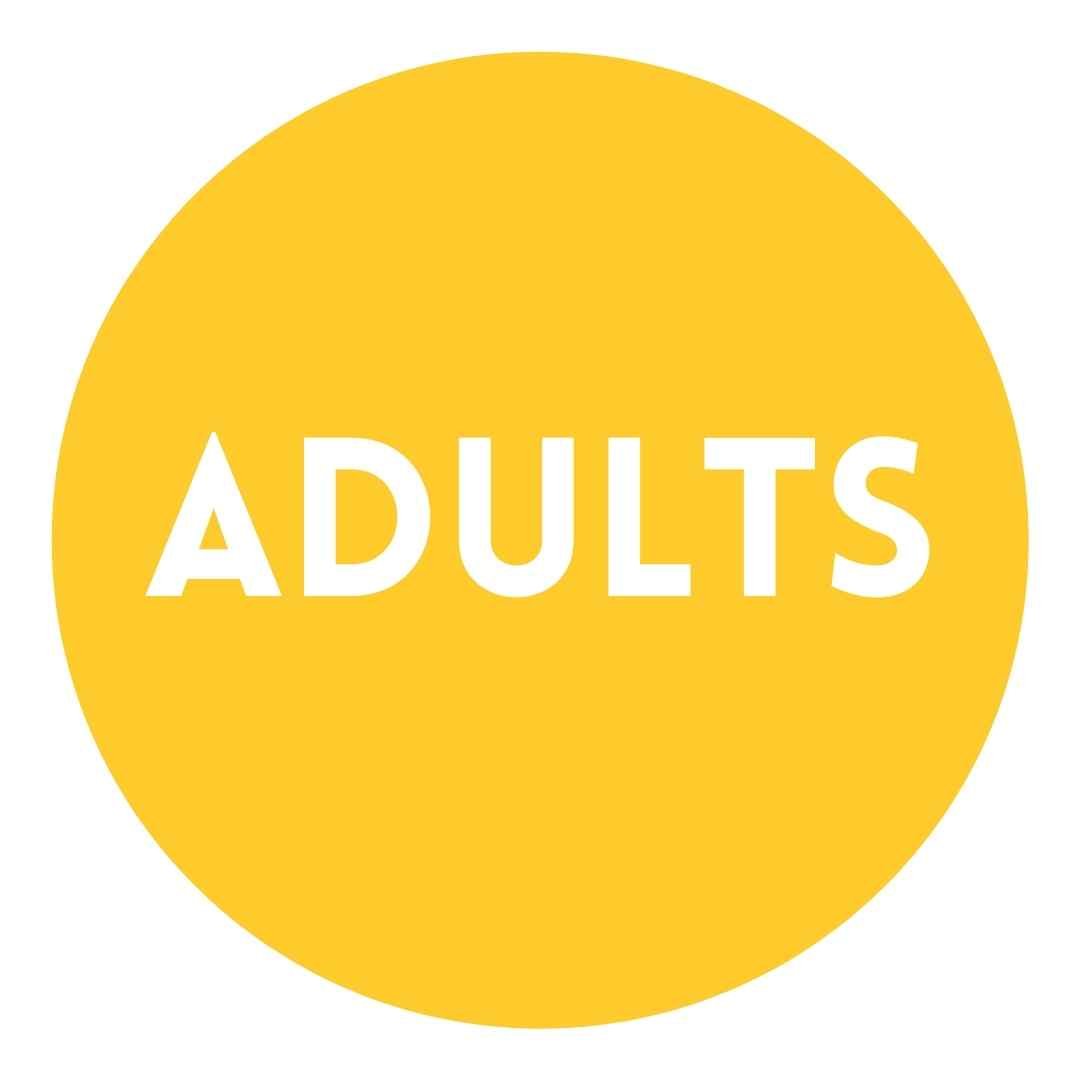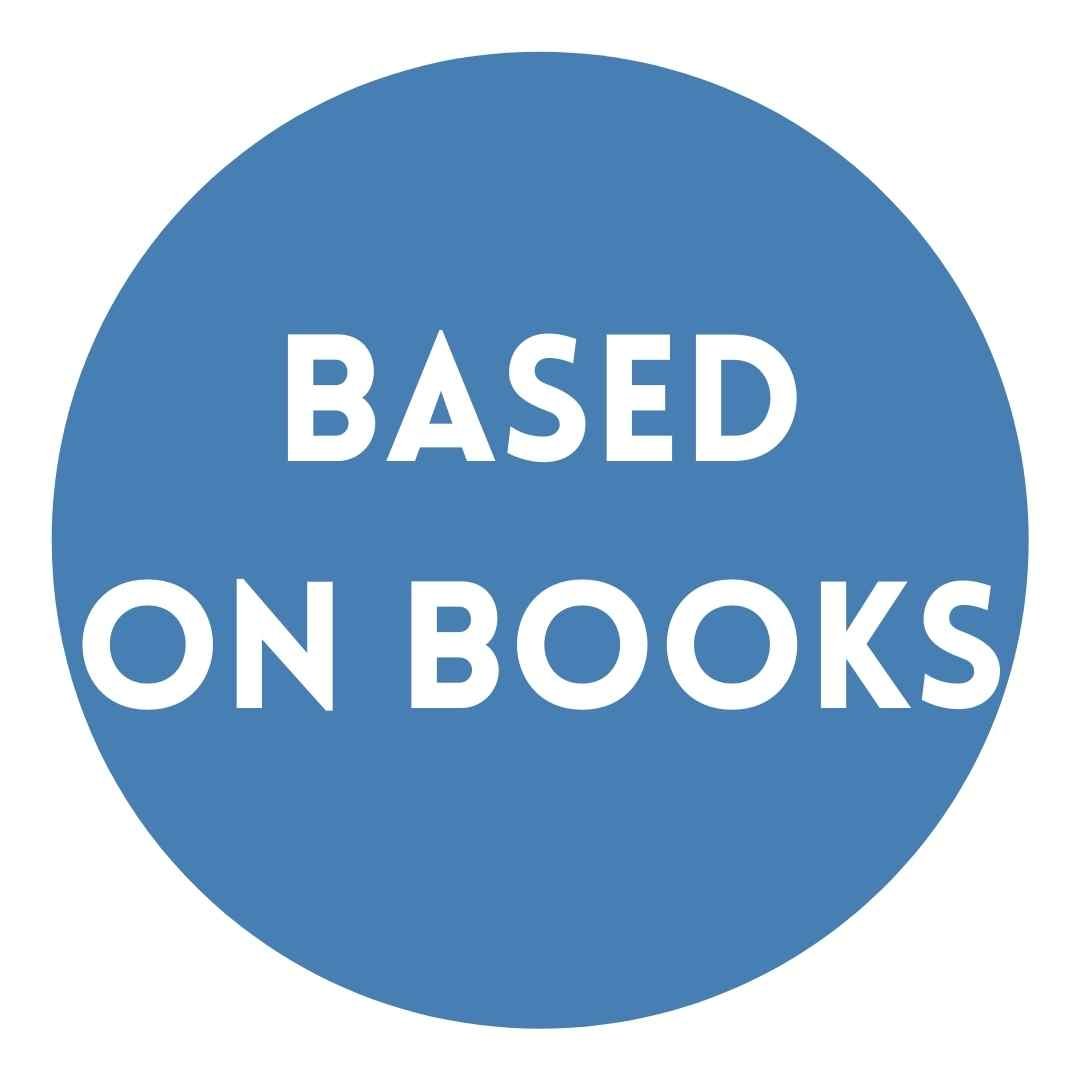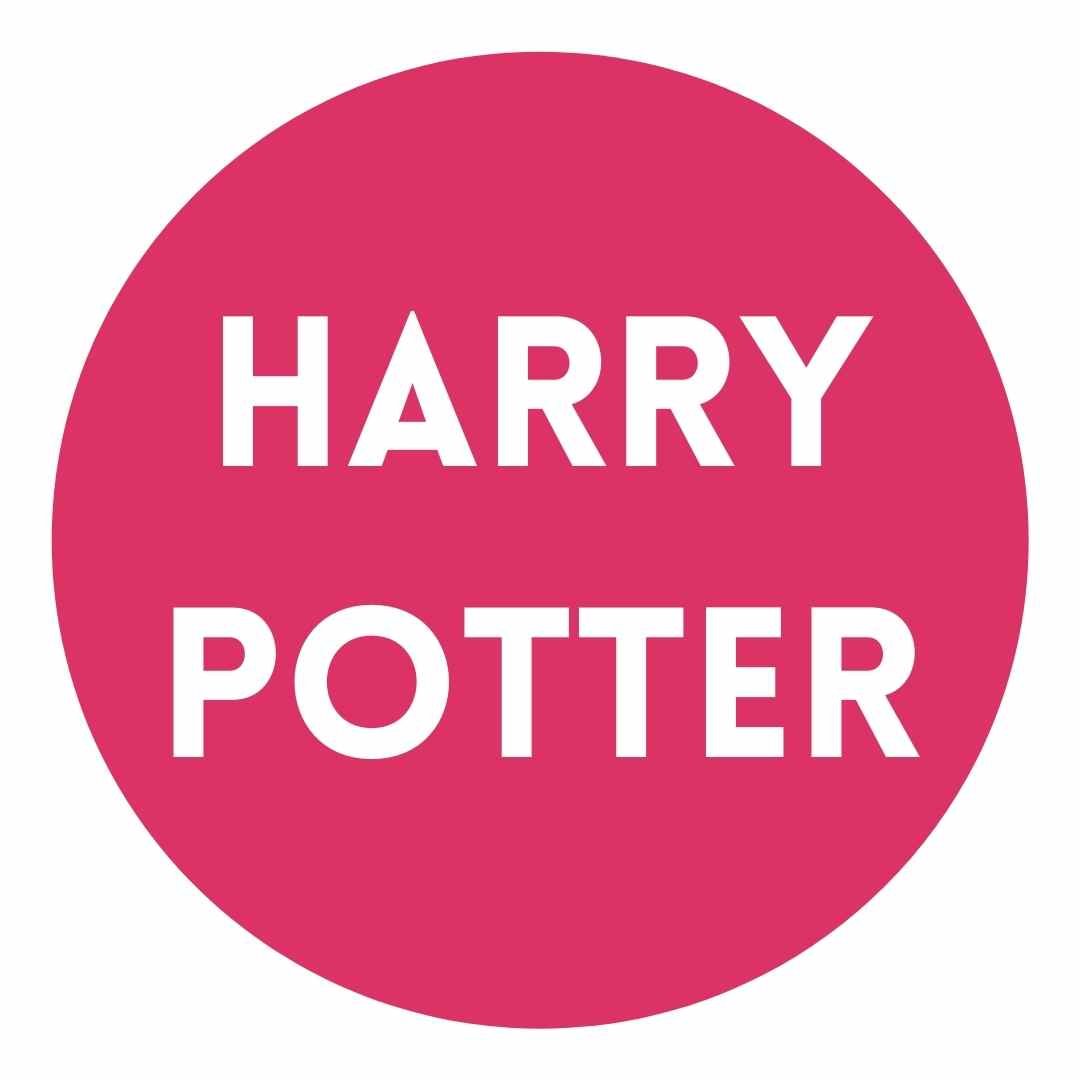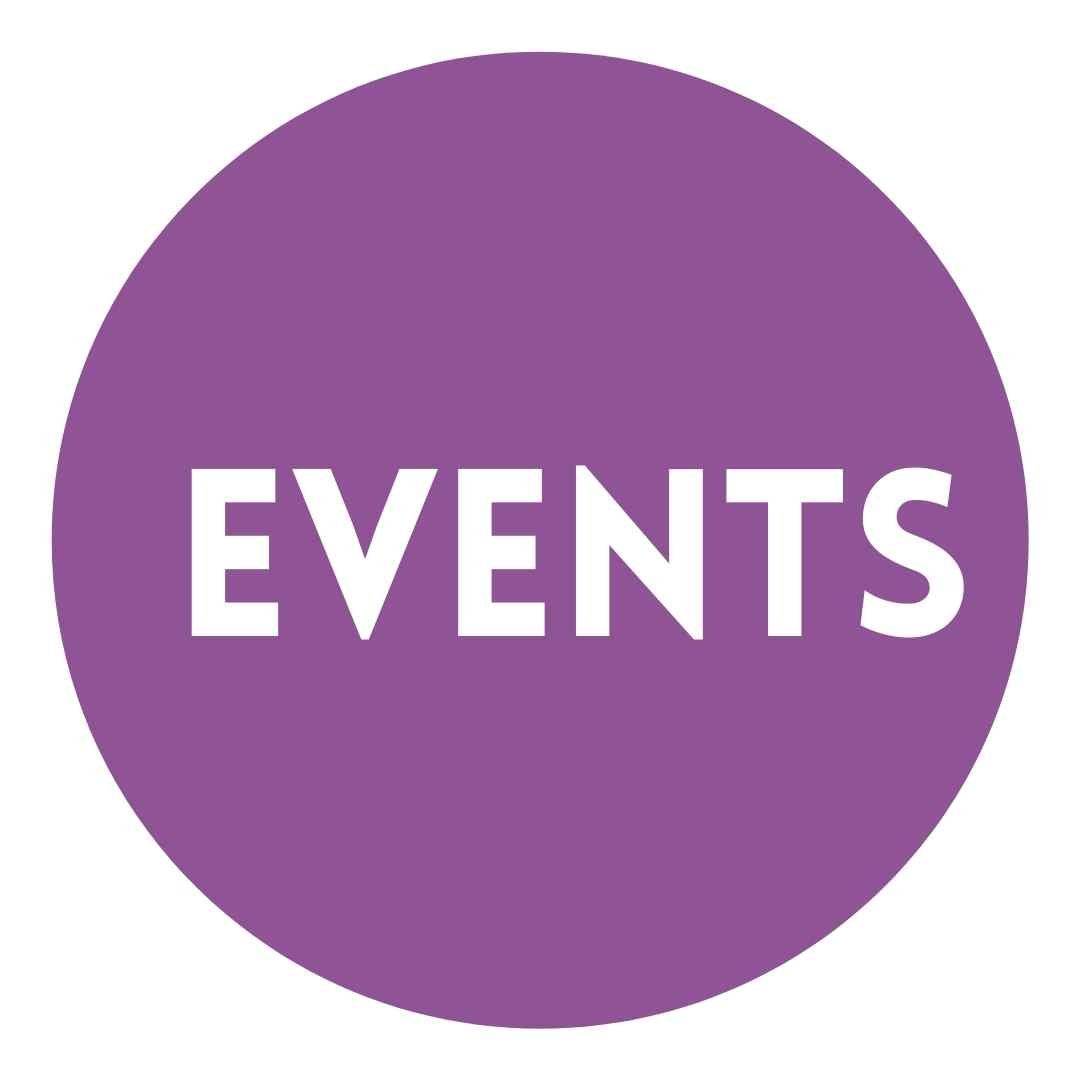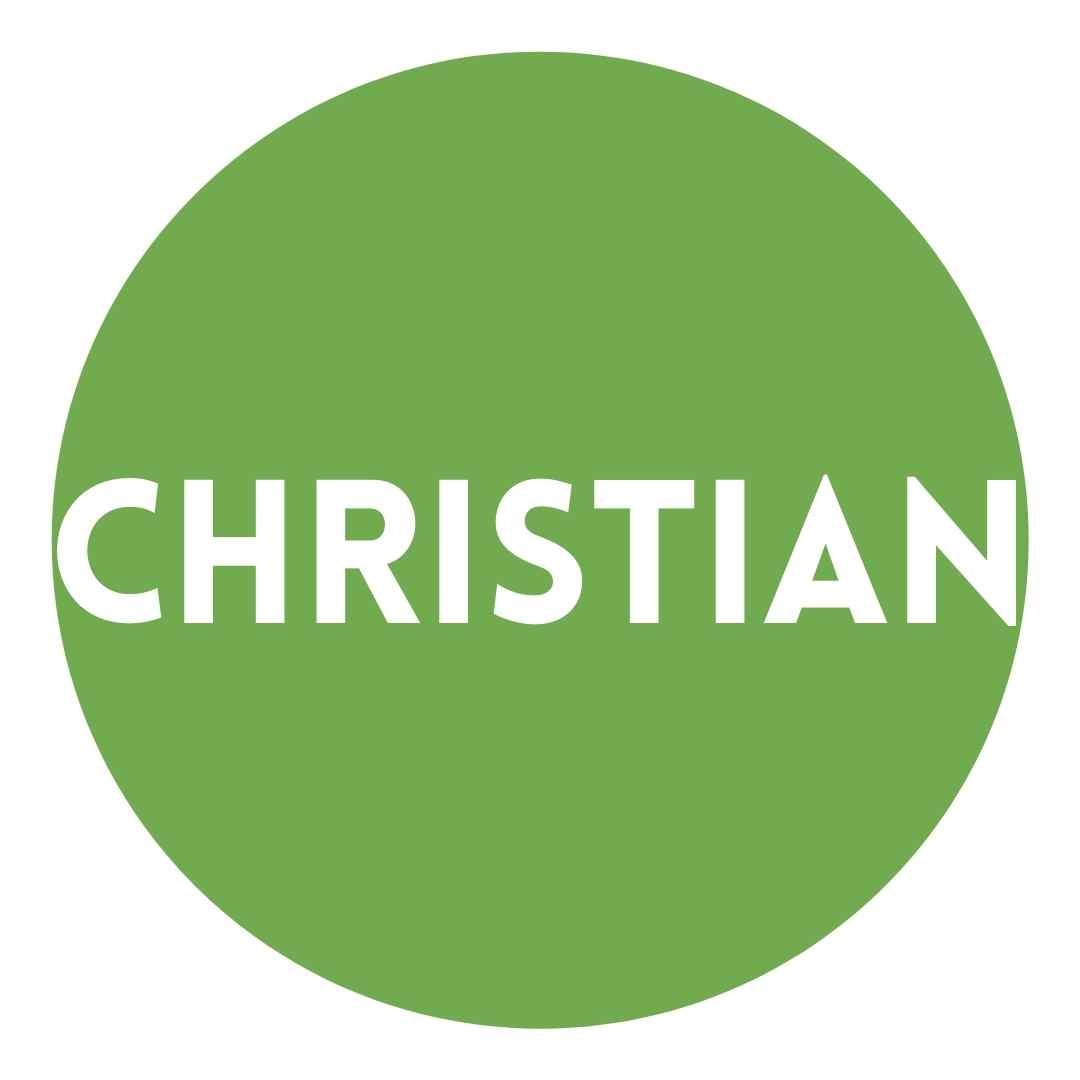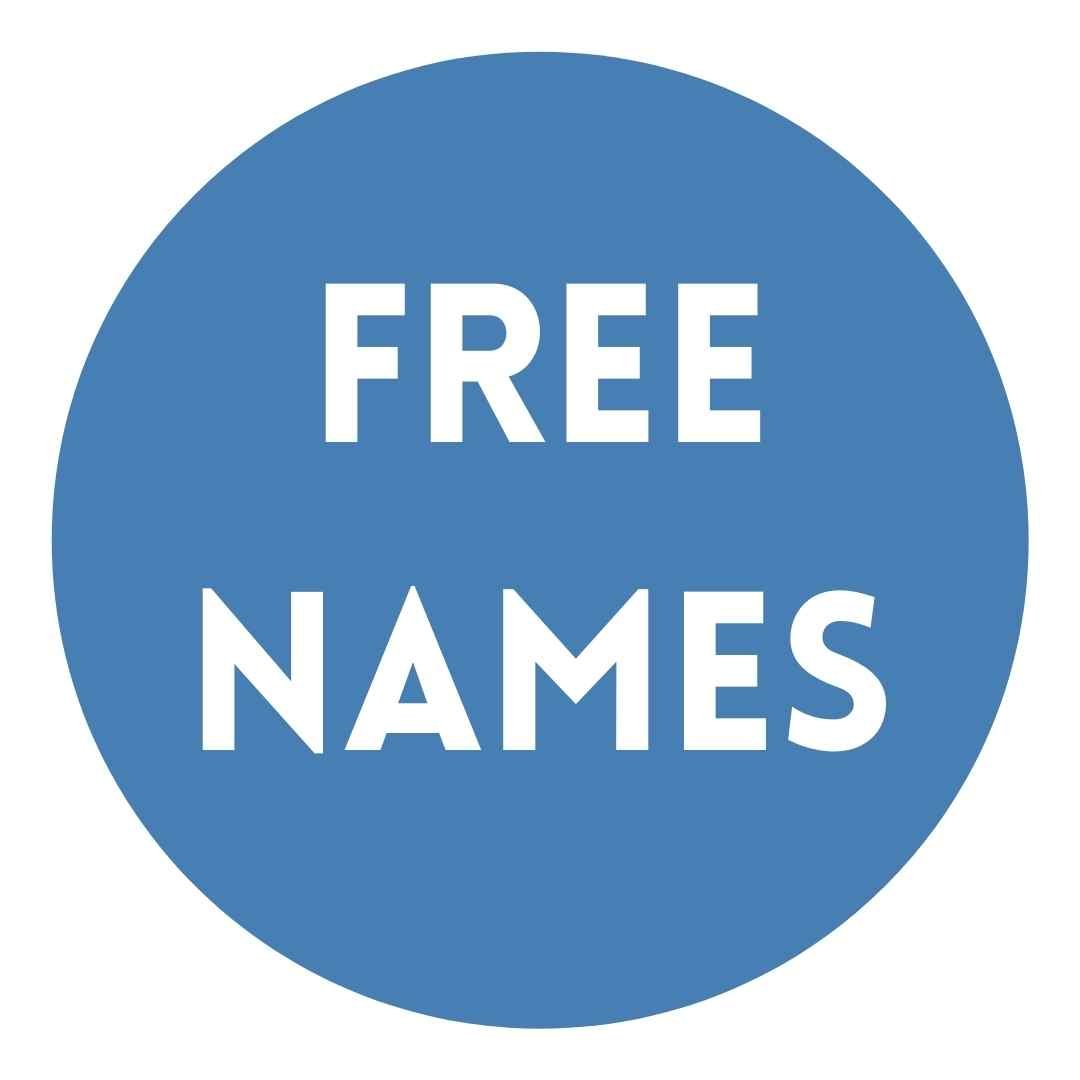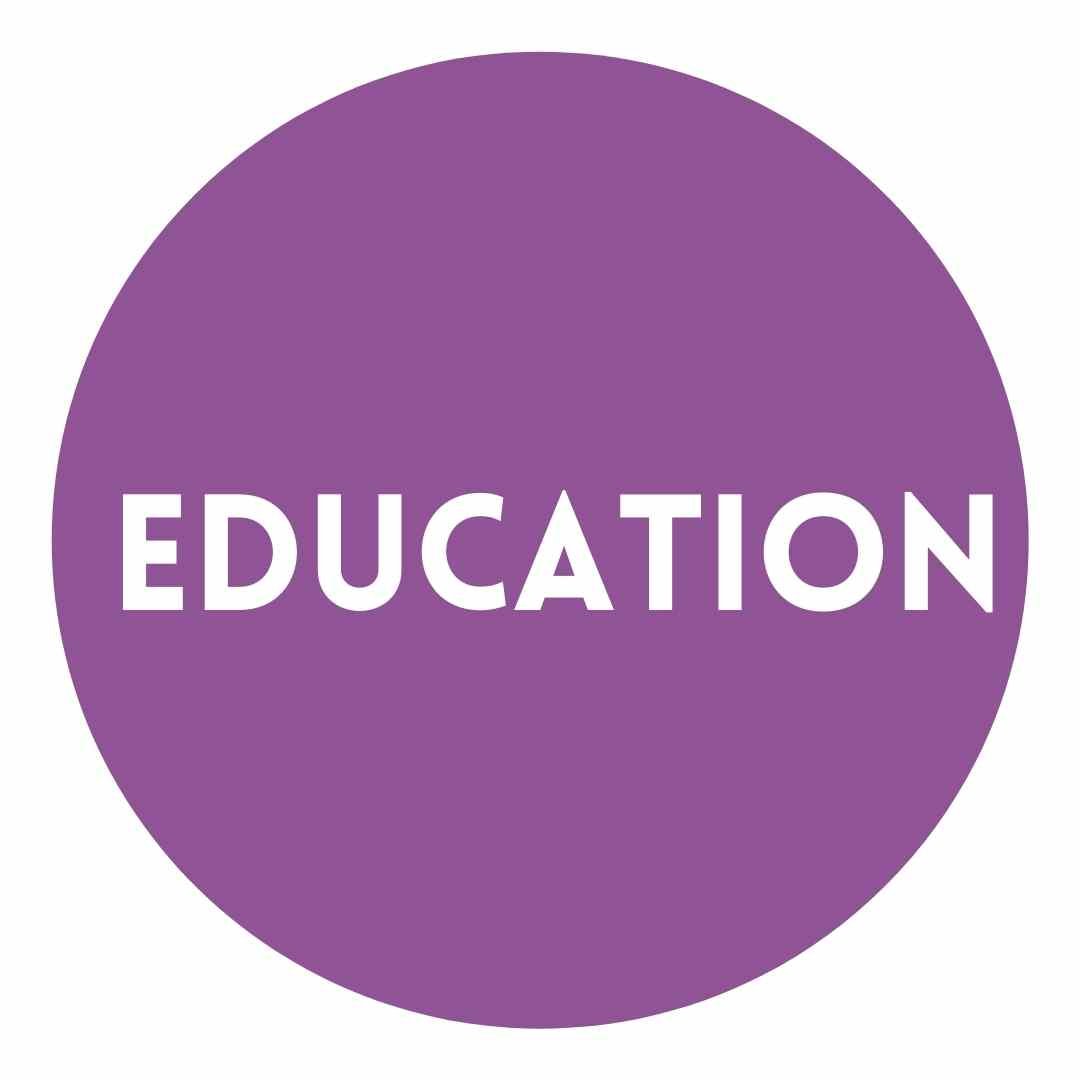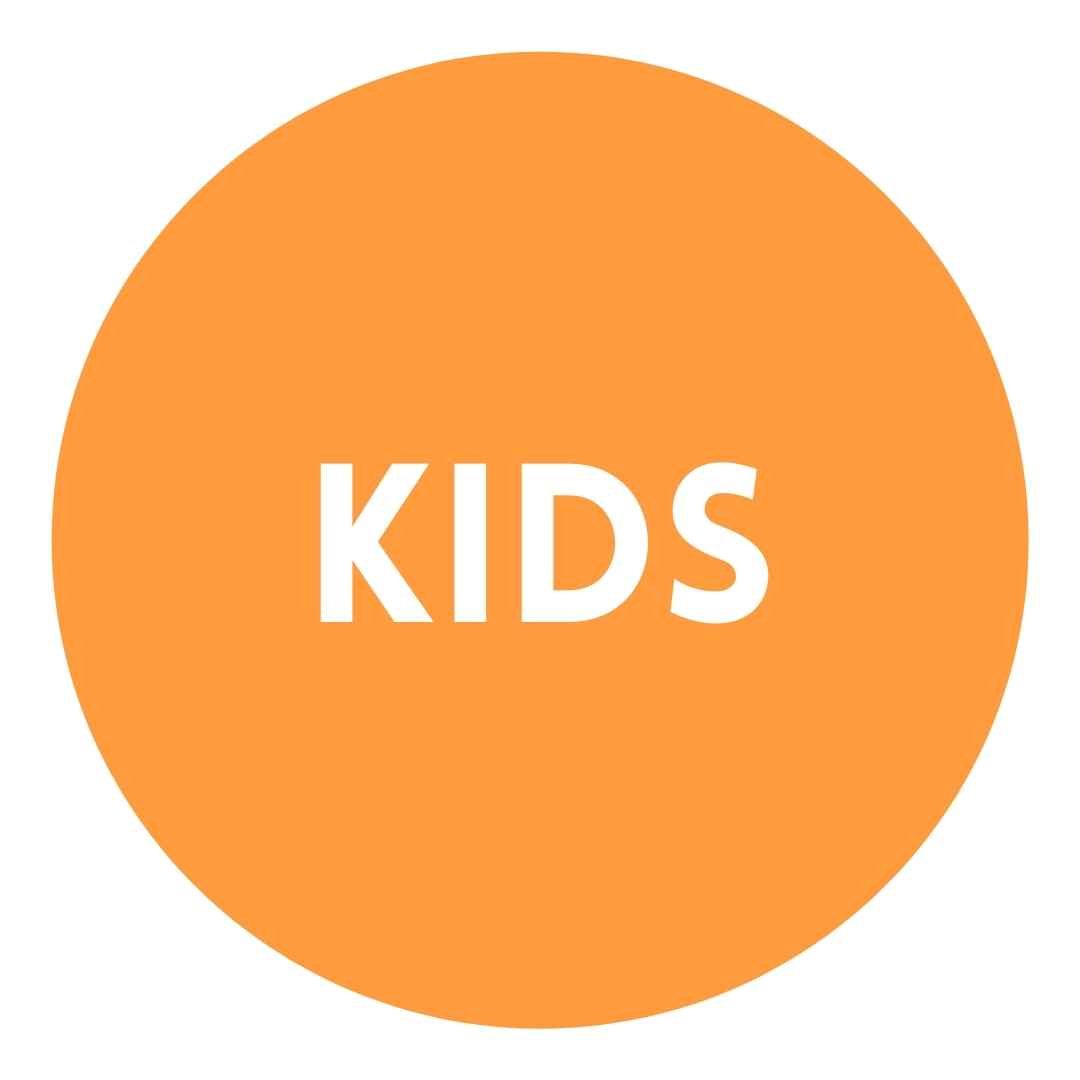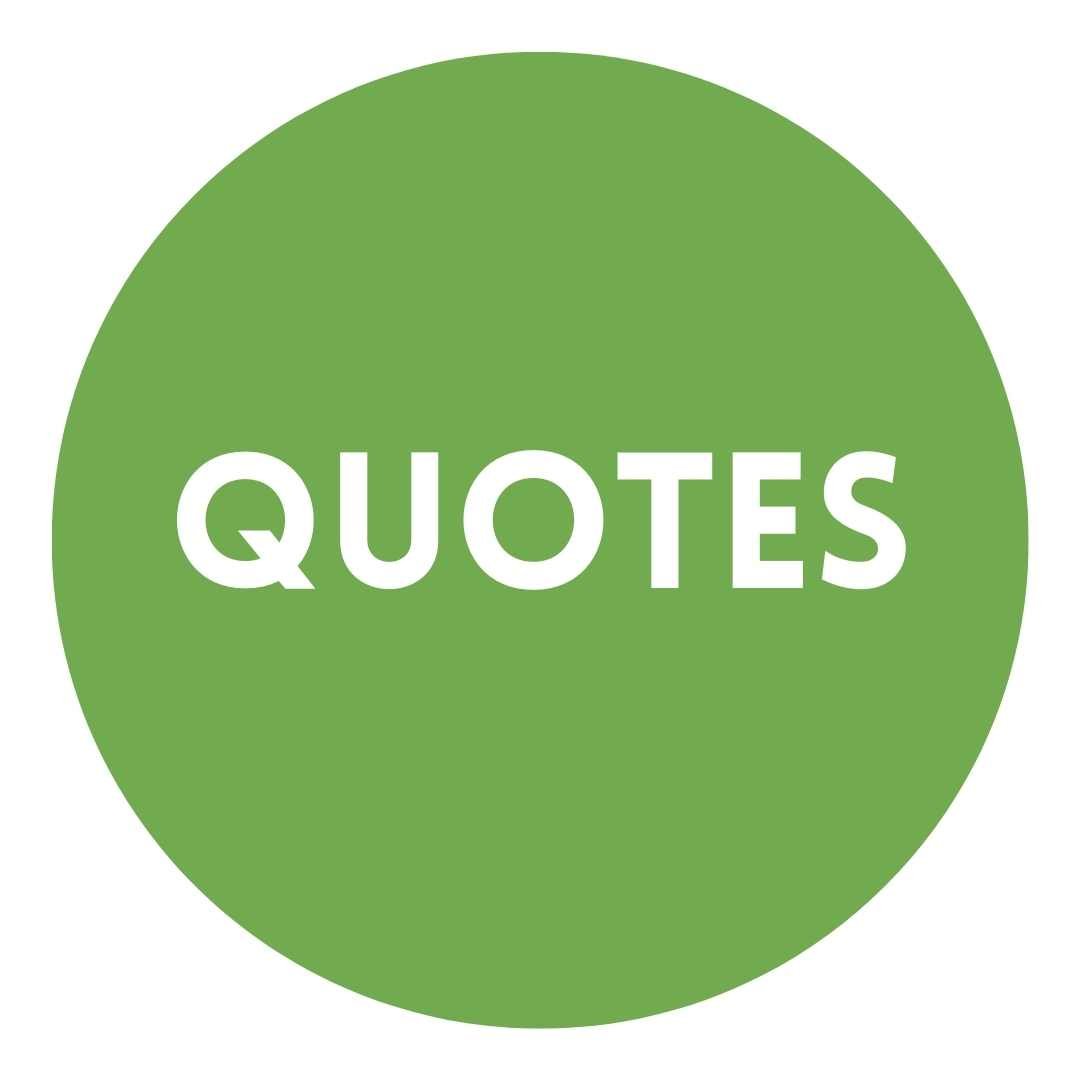You might notice I have a section of coloring pages called “School-ish.” Most people might call the section “educational,” but I believe every single page in my collection has the potential to be educational, depending on how it’s used and who is using it.
The use of the word “educational” actually makes me a bit twitchy in most settings. Just for fun - let’s talk about the word and why I’m so weird about it!
I think we can agree on the first half of my definition of the word. If not, you should move on and do something else with your day because my hopes of expanding your definition will die a quick death if you cannot agree with me on the first part.
Educational = Intended or serving to educate or enlighten
What are we referring to when we say “educate or enlighten?”
Educate = give someone training or information on a particular field
Enlighten = give someone greater knowledge and understanding about a subject or situation
Essentially:
Educational = something intended to or serving to give knowledge/training/understanding/information.
This is just the first part of the definition, the point on which we can hopefully agree, so let’s get into it just a bit to make sure we’re on the same page about needing a second part of the definition.
What does Intended to educate/enlighten mean?
This could mean the thing itself was created with the intent to educate, or the person providing it to another person is intending it to educate.
Created With Intent
Flash cards are nearly always created with the intent to give someone training or information on a particular field. Even if I give you the cards intending for you to use them to start a fire, the cards remain “educational” with our definition because they were created with the intent to give training or information.
Provided With Intent
A card game involving counting might have been created with the intent to provide fun and entertainment, however a parent or teacher might provide a game hoping the game will give training or information about numbers. So, though not specifically created to be “educational,” the game fits our definition if it is given to someone in the hopes it provides training or knowledge.
Our definition does not just include “intended to educate/enlighten” though, it also includes “serving to educate/enlighten.”
What does Serving to educate/enlighten mean?
This part gets a little tricky and leads us into why I think we need a second half for our definition. I have a set of free Alphabet coloring pages and a parent or a teacher might print out the “Ll” page with the intent of giving a child knowledge/training/understanding/information about the letter “L,” however the child may instead acquire one or more of the following bits of knowledge/training/understanding/information:
This lion looks really funny when I color it purple
Lollipops are another name for sucker
Llama is an animal
Llama is a funny word
Mom likes it when I color in the lines
Mom likes it when I sit still
Markers smell funny
Markers make an interesting noise if you move them just right across the paper
Since humans are hard-wired to collect information and add it to information they already possess, this list above is probably a solid representation of what might occur to a child as they color the page. They may not, from this particular page, collect and store any information related to the letter “L” though, so the question is - did this page serve to educate/enlighten when it did not provide the intended knowledge/training/understanding/information?
By our definition, yes. The page is educational because it was provided with the intent to educate/enlighten. It also fits our definition because it served to educate/enlighten (not about the letter “L,” but about other things.)
What if the same child had instead watched an hour of silly videos on YouTube? What if they came away with a similar list of newly acquired information?
In this case, there was no intent to educate/enlighten. Do those videos fit our definition of “educational?”Yes, they do. If the videos served to give information then they fit our definition so far, which is why we need a second half to our definition.
Because if you are a parent in the beginning of the 21st century, you don’t likely consider an hour of watching silly videos on YouTube to be “educational.”
The Second Half of Our Definition Considers a Value Judgement
The question we need to answer for the second half of our definition - the question you and I both need to answer in order to really define our own understanding of the word “educational,” is, Who decides what knowledge/training/understanding/information is valuable?
If I make you a set of flashcards which rank my favorite foods (Ruffles Sour Cream & Cheddar = 10, Coffee = 10, Olives = -1000, etc.) and my intent is to provide you with knowledge/information, the cards still fit our definition of “educational,” and this is a problem because I’m fairly sure no one sane considers this valuable information.
So let’s add to our definition a bit.
Educational = something intended to or serving to give knowledge/training/understanding/information that is valuable to ____________
But valuable to whom? Valuable to society? And is that valuable as measured by current standards, or are we going to take time to guess and project what will be valuable to society when our children reach working age?
Valuable to our family or our subculture?
Valuable to us, personally?
Valuable to our children? And who gets to decide what is valuable to our children? Is it us? Is it our children themselves who decide?
Happily, I only have to answer these questions for myself. I’ll leave you with answering the question for yourself and answering how you will use the word in relation to your children. It’s an incredibly important task and I hope you take the time to consider how you fill in the blank.
I’ll leave you with an anecdotal story that will shine a little light on how I feel about what is valuable.
Recently, there was a post in a local homeschool group asking for recommendations for an educational typing program to teach children the valuable skill of typing. My son, at nine, typed 50-60 words per minute with accuracy and impeccable spelling. (I only know this because he decided to take an online typing speed quiz multiple times for fun one day.) I did not share the program by which he acquired these very valuable skills with the group though, because he picked up those skills by playing a whole lot of Roblox. And though I could be mistaken, I think it’s a safe assumption the mom would not consider Roblox “educational.”
By my definition though, it absolutely is - anything that imparts information/training/knowledge/skill valuable to my son is “educational” in my book. Typing and spelling are just a sample of the myriad valuable things my son has taken from Roblox. And this is why I consider every page on my site to have the potential for education.
My “School-ish” section is still there for you if you prefer a narrower definition of the term :D

